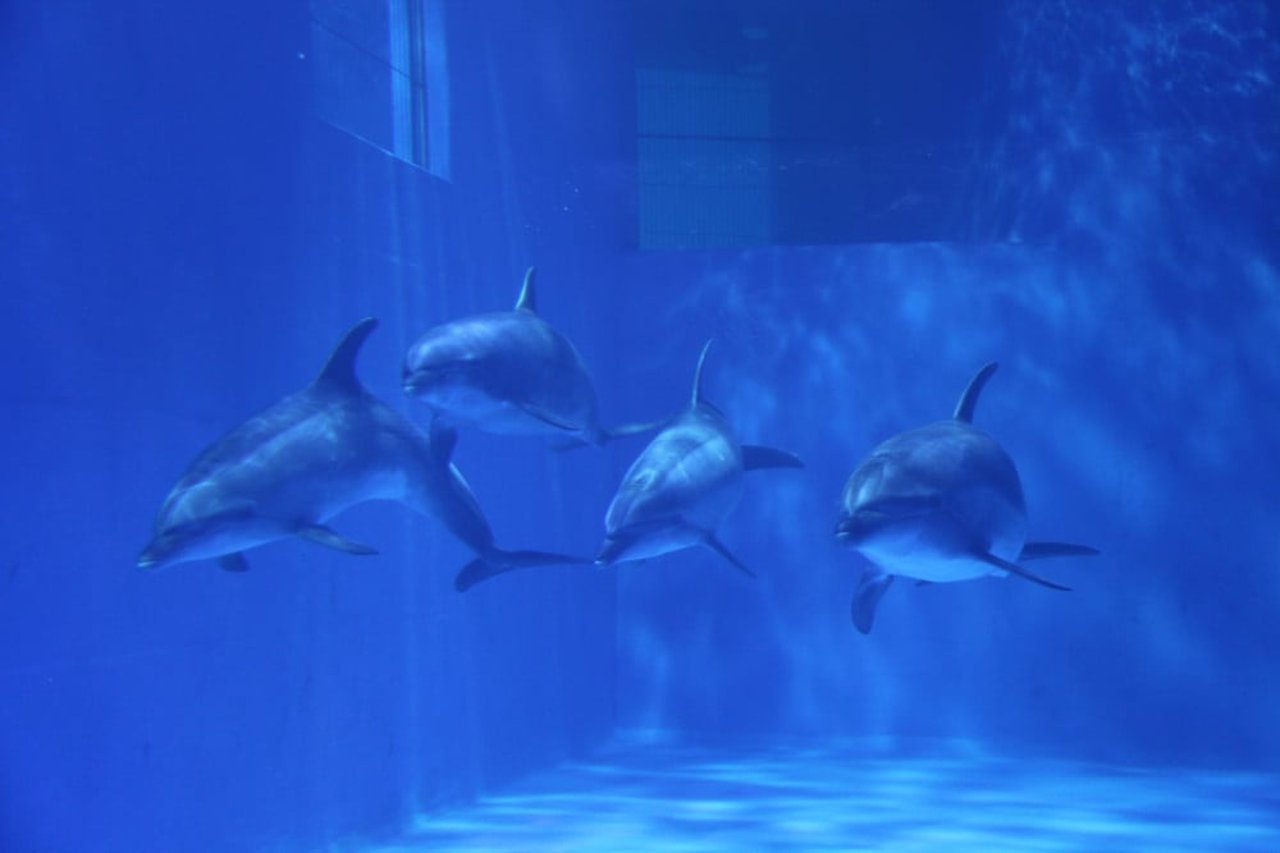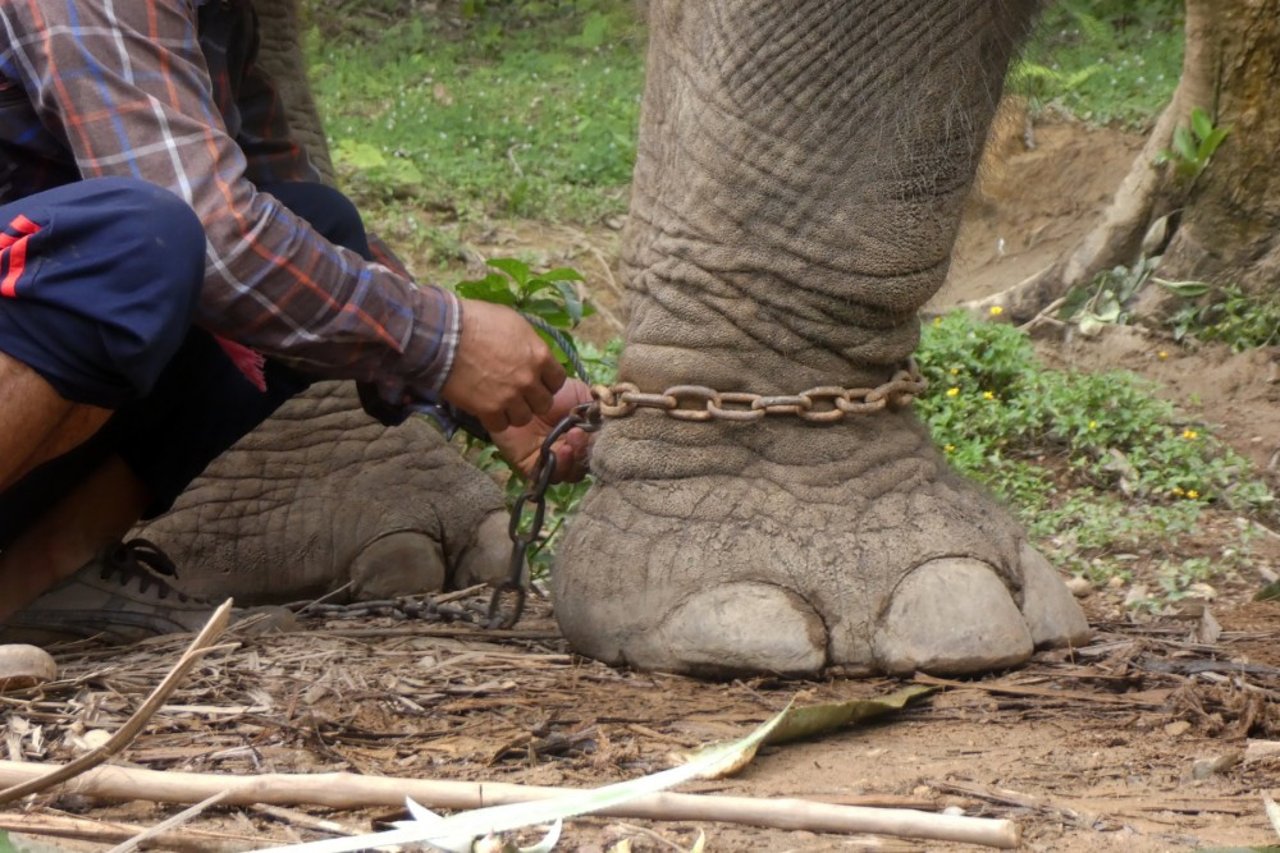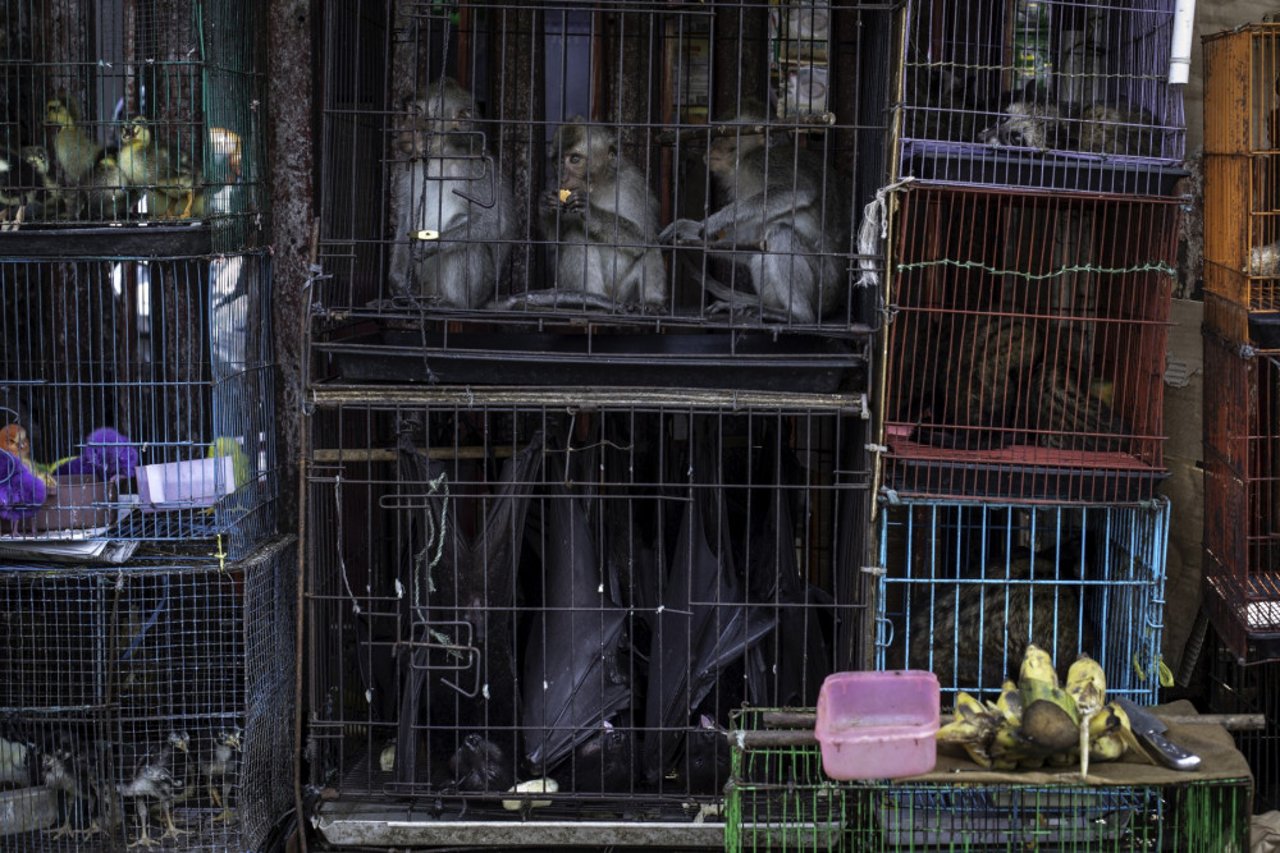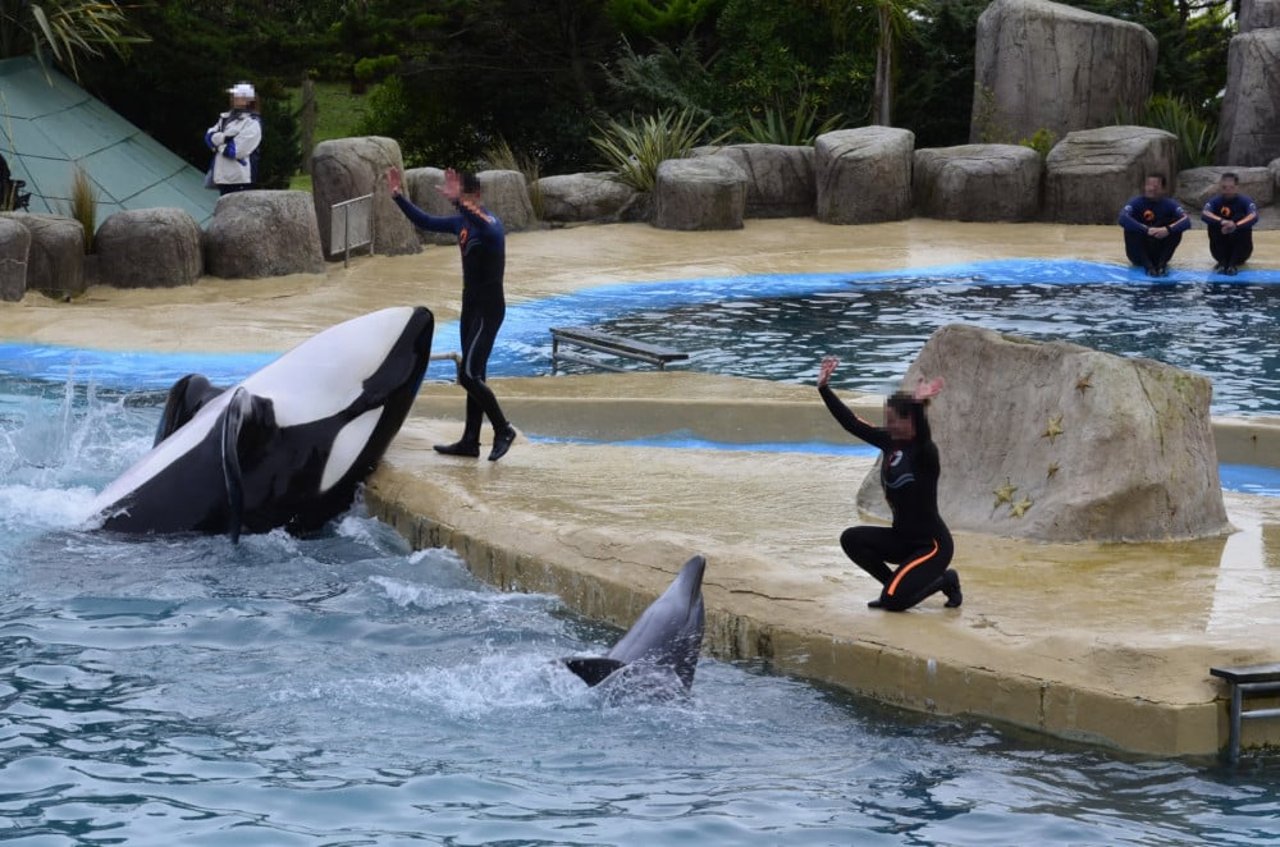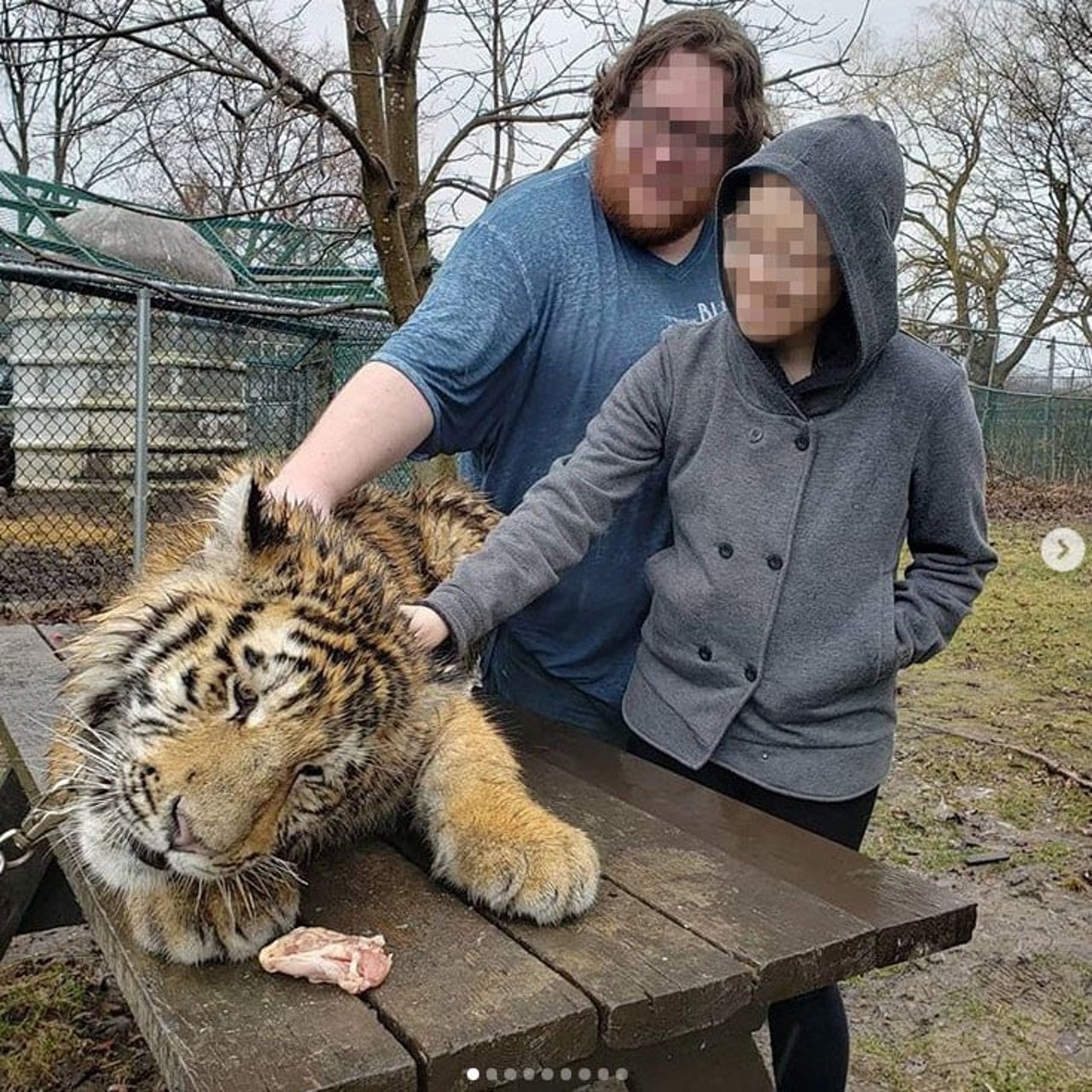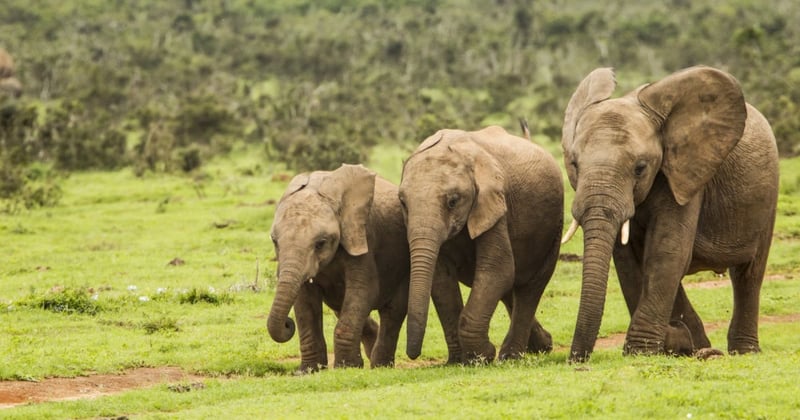
If you can touch, ride or feed a wild animal while on vacation, it’s most likely cruel.
While we most likely can’t travel due to the pandemic, many of us are already thinking of our future vacation plans. Before you book that swimming with dolphins experience or elephant riding activity, here are 5 reasons why you shouldn’t touch wild animals on vacation.
Their needs can’t be met in captivity.
No matter the conditions, captive environments can never replicate an animal’s natural environment. Animals in captivity are forced to endure unnatural conditions and suffer as a result. Bottlenose dolphins often have natural home ranges exceeding 100 km2 (38.61 mi2) with some populations’ home ranges in excess of 400 km2 (154.44mi2). In captivity, the average size of a dolphin tank is just 444 m2 (4779.761 ft2) – a space slightly larger than an IMAX theater screen. Compared to the wild, that’s 200,000 times smaller than their natural home range.
They undergo cruel training methods.
To get close to a captive wild animal, they must be trained. Elephants, specifically, must be “broken” in so that humans can ride on their backs. The process of gaining control over an elephant is extremely cruel. After calves are separated from their mothers, they will be restrained by chains or ropes and prevented from moving unless commanded to by their trainer. They are then forced to accept people riding on their necks, with pain inflicted to speed up the process.
Possible Human Health Risks.
Did you know that 70% of emerging zoonotic diseases (transmittable from animals to humans) come from wild animals? With the recent pandemic, COVID-19 is believed to have come from a wildlife wet market in China. Even if a wild animal looks healthy, they can still carry harmful germs.
Captive elephants have also been shown to transmit tuberculosis to their human caregivers. Employees who worked 4 or more hours in close contact with elephants diagnosed with tuberculosis were 20 times more likely to contract the disease than those who did not. Instead of keeping elephants in captivity, the right solution would be to let elephants live in the wild, where they belong.
Wild animal entertainment puts workers at risk.
Wild animals are still wild even when in captivity. They can be unpredictable and potentially dangerous. In 2010, Tilikum, an orca held in captivity at SeaWorld, killed his trainer, Dawn Brancheau, by drowning her. After the Oscar-nominated film, Blackfish, focused on her death and the cruelty orcas face in captivity, SeaWorld ended its orca breeding program.
However, this isn’t the first instance where captive wild animals have killed people. Tyke, an elephant used in circuses, killed her trainer and seriously injured her groomer while the circus was performing in Honolulu in 1994. She was subsequently killed after running through the streets of the city. When it comes to interacting closely with animals, there will always be a safety risk.
It perpetuates a cycle of abuse.
When people take a picture with a wild animal in captivity (and then post it on their social media), the photo makes others believe this is an acceptable behavior. Tigers in captivity are usually declawed and/or drugged for picture opportunities. Sloths are taken from the wild so tourists can snuggle with them. To keep these opportunities available for tourists, animals are constantly poached from the wild and the cycle continues. While people can’t see the cruelty directly in front of them, there’s cruelty happening behind the scenes.
-------------------
Luckily, there are still ways to enjoy the company of animals when traveling without contributing to their suffering. You can support companies such as Airbnb which is strictly wildlife-friendly and offer opportunities such as watching dolphins from the wild or observing wild animals from a distance on safari... You can also visit ethical elephant sanctuaries such as ChangChill and Following Giants in Thailand.
Wherever you decide to go, always remember to research before paying for an animal experience. Read our Animal-Friendly Tourism Guide for more tips on how to protect animals on vacation and help us make sure no more wild animals are abused for entertainment. Safe travels!
